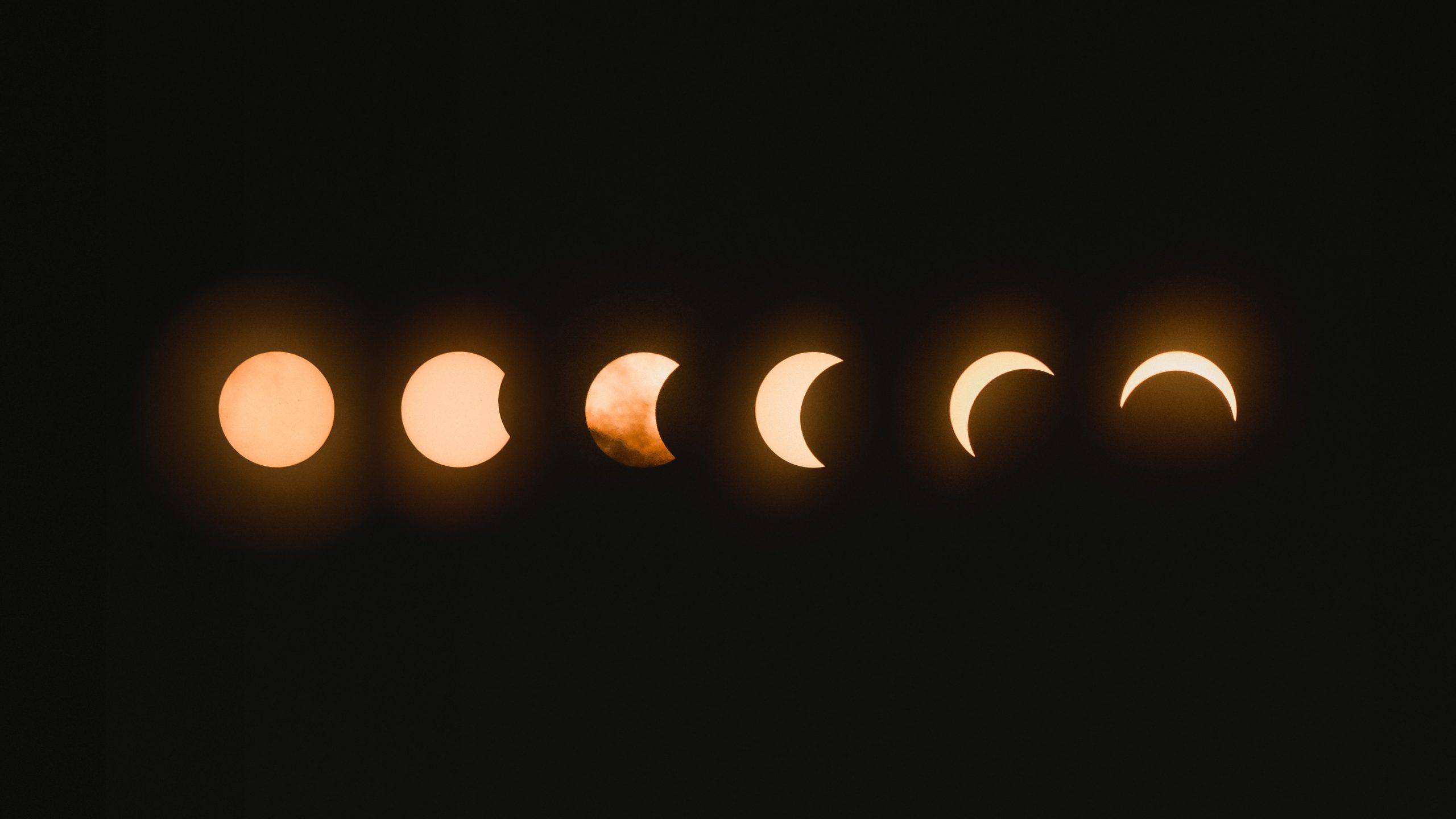Can a Full Moon Affect Your Period?
Women have been fascinated by the moon for centuries. Its beauty and mysterious nature have led to various theories and beliefs, including the idea that the moon can influence our bodies and behaviors. One area of interest that has gained attention is the potential connection between a full moon and menstrual cycles. In this blog post, we will explore this topic in detail and examine whether there is any scientific validity to these claims.
The Lunar Connection
Many ancient cultures believed that the moon had a significant impact on human bodies and their natural rhythms. Considering that the lunar cycle lasts approximately 29.5 days, which is similar to the average length of a menstrual cycle, it is understandable why people would speculate about a connection.
Proponents of the lunar theory argue that since the moon affects the ocean tides, which are made up of water just like our bodies, it must have some influence on our menstrual flow as well. According to this belief, the gravitational pull of the moon during a full moon phase can result in heavier or irregular periods.
The Role of Science
While the idea of a lunar influence on periods may have its allure, the scientific community has yet to provide substantial evidence to support these claims. Several studies have been conducted to investigate the potential connection between the lunar cycle and menstruation, but the results have been inconclusive.
A study published in the American Journal of Obstetrics and Gynecology examined over 800 women and found no significant correlation between the lunar phase and menstruation. Another large-scale study in Australia involving over 9,000 women also failed to find any connection between the moon and menstrual cycles.
Furthermore, medical experts explain that menstruation is controlled by hormonal changes within the body, particularly the rise and fall of estrogen and progesterone levels. These hormonal changes are regulated by the menstrual cycle, which is primarily influenced by factors such as genetics, stress, age, and overall health.
Common Misconceptions
Despite the lack of scientific evidence, many people still believe that their periods are affected by the lunar cycle. This could be attributed to various misconceptions and anecdotal experiences surrounding the topic. Let’s address some of the common misconceptions:
-
Menstrual Synchronization:
One theory suggests that women who live or work closely together may synchronize their menstrual cycles, similar to how the moon aligns with the Earth. However, studies have shown mixed results, and any synchronization that does occur could be due to chance rather than lunar influence.
-
Werewolf Syndrome:
Some individuals believe that like werewolves, their behavior can be affected by the phases of the moon. Known as “Lunar Effect,” this theory claims that people become more wild, erratic, or aggressive during full moons. However, numerous studies have debunked this idea, highlighting that there is no scientific basis for such claims.
-
Lunaception:
Lunaception is a practice in which women adjust their sleeping environment, such as using blackout curtains, to match the lunar cycle. Proponents of this method claim that it can regulate menstrual cycles and increase fertility. However, there is no empirical evidence to support these assertions.
Embracing the Natural Cycle
While the connection between a full moon and menstruation remains speculative, it is essential to embrace our natural menstrual cycles and understand that they can vary from person to person. Factors such as stress, diet, exercise, and overall health play a more significant role in determining our menstrual flow and cycle regularity.
Consulting with healthcare professionals, such as gynecologists or reproductive endocrinologists, is crucial for understanding our bodies better and addressing any concerns about menstruation. These experts can provide accurate information, advice, and guidance based on scientific evidence.
The Final Verdict
In conclusion, despite the myths and folklore surrounding the topic, scientific research does not support the idea that a full moon can directly influence our menstrual cycles. While it is fascinating to consider the connection between the moon and our bodies, it is vital to rely on evidence-based information while making decisions about our reproductive health.
Understanding the natural rhythms of our bodies and recognizing the various factors that can affect our menstrual cycles empower us to take charge of our reproductive health confidently.
Table of Contents
